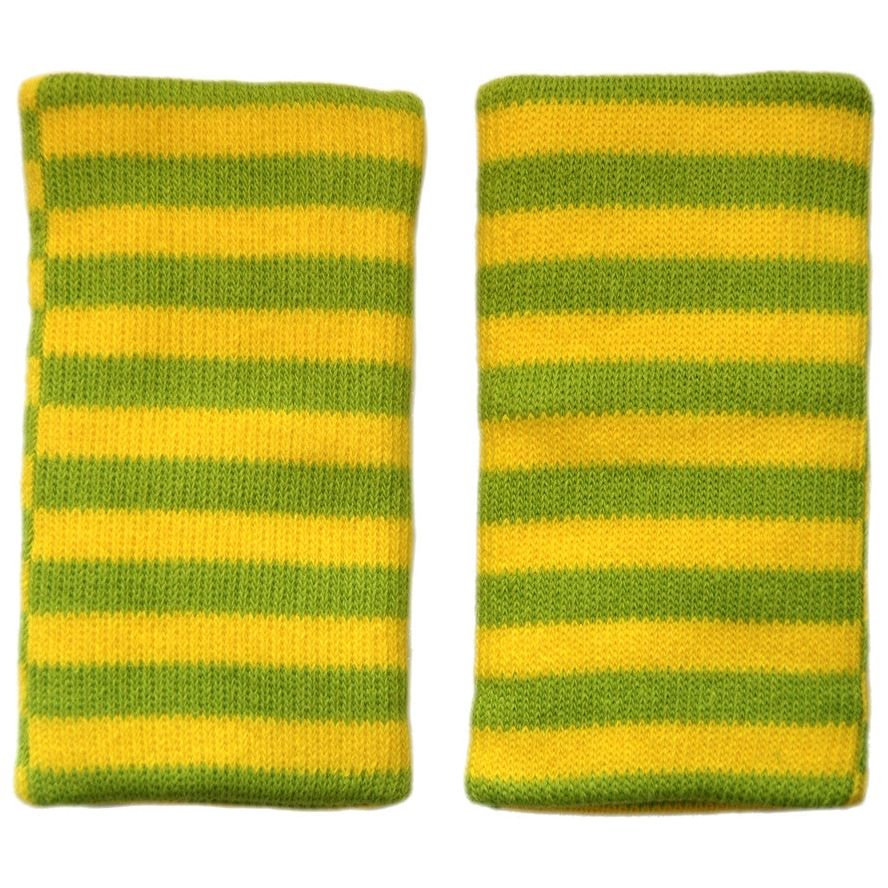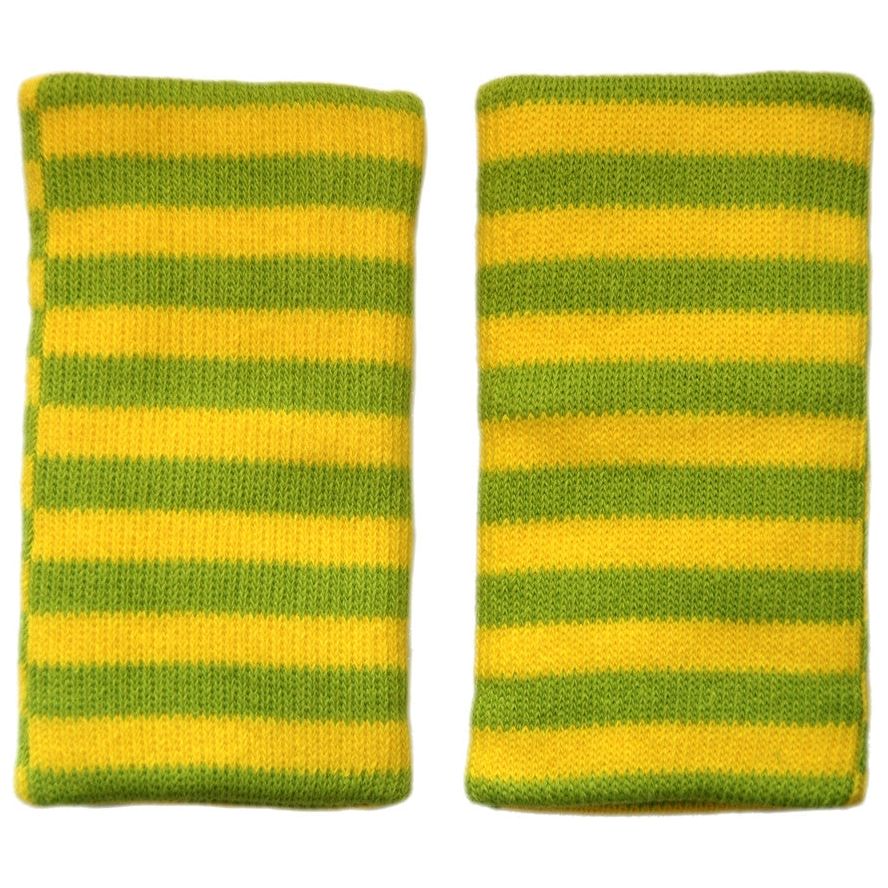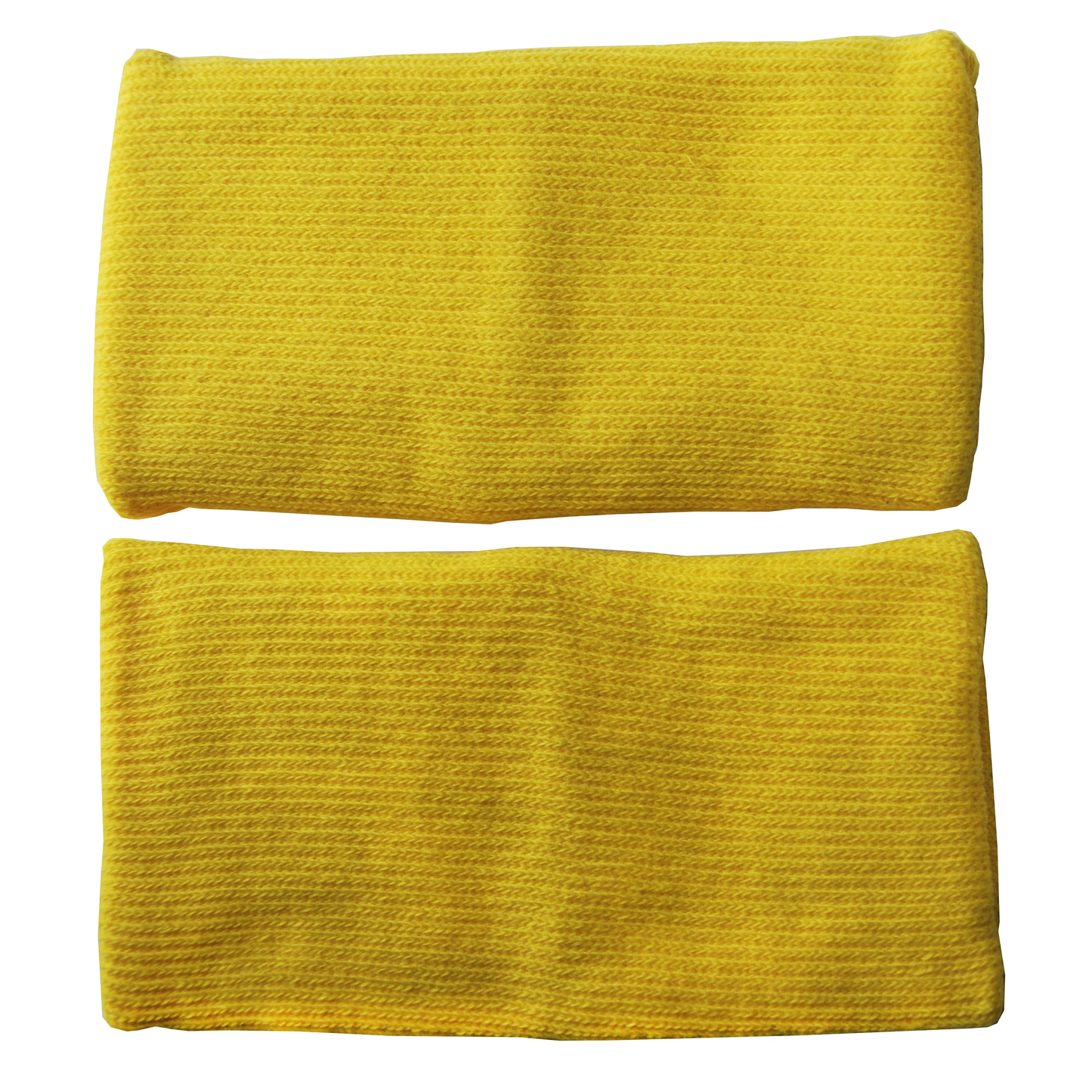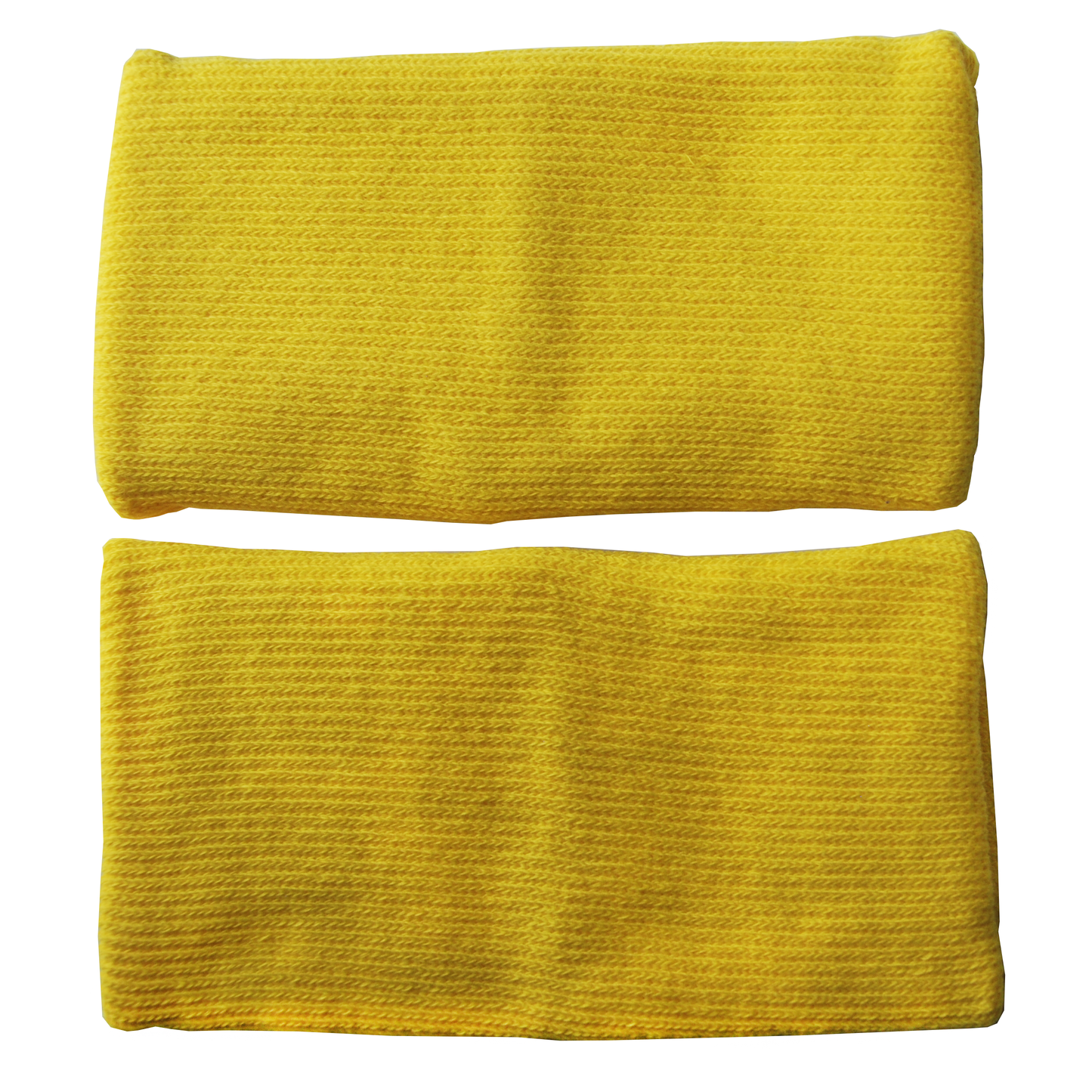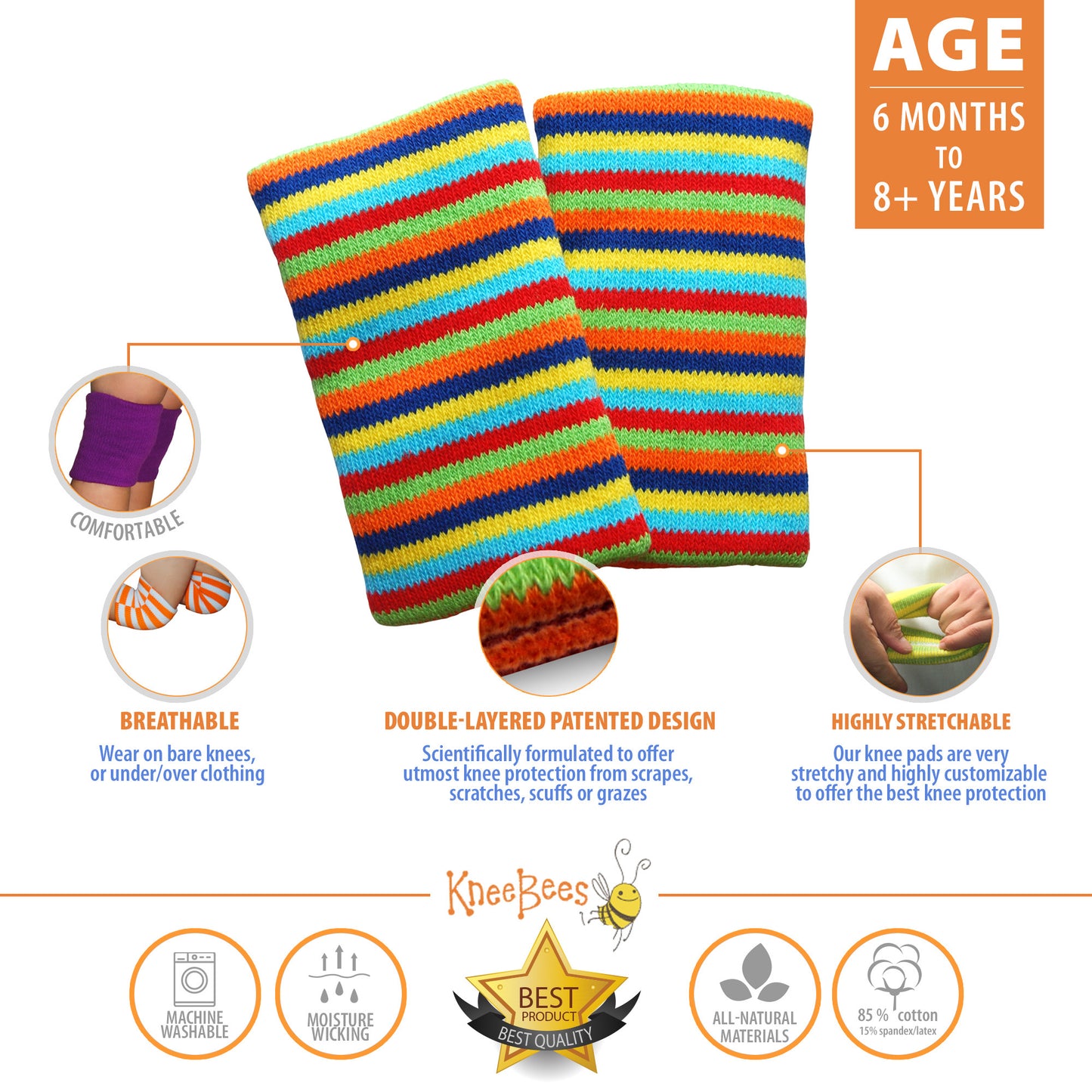This is a great article on how to not struggle with children over homework, found on
www.parents.com.

By
Pam Abrams from
Parents Magazine:
"Homework was not going well at my house. My 8-year-old son, Jamie, would spread his papers out on the kitchen counter and start bouncing on and off his stool. Then he'd be "dying of hunger." Next he'd try to convince me that he had already done his reading at recess. Forty-five minutes could go by, and he'd have written only one spelling word in his notebook. And more often than not, evenings ended with tears -- his and mine.
I tried being more involved, then less involved. I took a lenient approach and also a firm one. But nothing seemed to help him tackle his work efficiently. Finally, I consulted an educational psychologist, who met with Jamie, then with my husband and me, and finally with the three of us together for a few "homework coaching" sessions. Here are the strategies I learned from her, along with tips from other experts, which have made a major improvement in the homework situation -- and frustration level -- for both Jamie and me.
Have reasonable expectations.
"The goal of homework at this age should be to help kids develop good study habits and feel successful," says Harris Cooper, Ph.D., a professor of psychology at Duke University, in Durham, North Carolina, who recently completed a homework study involving 700 kids, parents, and teachers. Don't assume that your child will always understand the directions, be neat, and get the right answers. Most educators agree that children in first through third grades should be doing ten to 30 minutes of homework (the rule of thumb is ten minutes per grade, per night). Of course, make sure you know what the teacher's expectations are -- whether your child should stop working after a certain length of time even if he's not finished and whether independent reading is expected in addition to assigned homework.
Set up a homework spot.
Create an area that is comfortable but conducive to working. It was a small but significant revelation for me to realize that my slouching and fidgety son needed the physical support of a chair pushed all the way in. Six- to 8-year-olds don't necessarily need to sit alone in their room at a desk, however. As long as your child has easy access to the supplies she needs, the kitchen or dining-room table might be ideal.
Time it right.
There are three reasonable time periods during which kids can do their homework: immediately after school, before dinner, or after dinner. "Let your child help choose the time," Dr. Cooper advises. "Some kids really need to let off steam when they get home, while others will be too tired if they wait. Figure out a time that suits your child and your family, and then stick with it." (Of course, if your child gets home later on a certain day because of an activity, the plan may have to be altered on that day.) Before bed is the only time Dr. Cooper advises against doing homework, because kids wind up going to sleep later than they should.
Limit distractions.
Kids find all sorts of reasons to avoid doing their work, so you need to anticipate them. "Most 6- to 8-year olds require a parent's or caregiver's help getting started, and those who are wiggle-worms or procrastinators need help staying focused too," explains Rita Emmett, author of The Procrastinating Child. To start off on the right note, you might say, "Once homework starts, there are no breaks, so go to the bathroom and get your snack now." Don't talk on the phone or watch TV within earshot while your child is trying to work.
Avoid negotiation.
Jamie and I used to spend ten minutes going back and forth about what the teacher "really meant" in her assignment. During our homework coaching session, when Jamie said, "I don't have to do this math sheet because my teacher said we'll do it in class tomorrow," the psychologist had an amazing comeback: "Do it anyway, and then you'll be ahead." This strategy, which I eagerly adopted, has all but eliminated our arguments. If your child is regularly unsure about the assignments, talk to the teacher.
Don't hover.
Your child should do his homework mostly without your help. Experts agree that being nearby is great, but being on top of your child is not. "If he's doing his math homework, sit with him and pay some bills," Dr. Cooper suggests. "If he's reading, you read too." This sends the message that homework has real-world applications. However, the younger your child is, the more she may need help breaking her homework into manageable steps or moving from one subject to another. When you do need to interact with your child, keep your comments brief: "Good," "Get going," "Right!"
Don't give your child the answers -- but do ask questions.
Homework is an important way that teachers gauge how much kids are absorbing in class, and they adjust their lessons accordingly. When your child seems stuck, pose questions: "Where does the story go next?" "Wow, that's interesting. Can you give me more details?" "What strategy did you use to figure out that last math problem? Can you use it for this one too?" You might also ask the teacher what questions she uses in class to spark kids' thinking"
And if this doesn't work, here is some comic relief (we thought it was cute and decided to share):

 By Pam Abrams from Parents Magazine:
"Homework was not going well at my house. My 8-year-old son, Jamie, would spread his papers out on the kitchen counter and start bouncing on and off his stool. Then he'd be "dying of hunger." Next he'd try to convince me that he had already done his reading at recess. Forty-five minutes could go by, and he'd have written only one spelling word in his notebook. And more often than not, evenings ended with tears -- his and mine.
I tried being more involved, then less involved. I took a lenient approach and also a firm one. But nothing seemed to help him tackle his work efficiently. Finally, I consulted an educational psychologist, who met with Jamie, then with my husband and me, and finally with the three of us together for a few "homework coaching" sessions. Here are the strategies I learned from her, along with tips from other experts, which have made a major improvement in the homework situation -- and frustration level -- for both Jamie and me.
Have reasonable expectations.
"The goal of homework at this age should be to help kids develop good study habits and feel successful," says Harris Cooper, Ph.D., a professor of psychology at Duke University, in Durham, North Carolina, who recently completed a homework study involving 700 kids, parents, and teachers. Don't assume that your child will always understand the directions, be neat, and get the right answers. Most educators agree that children in first through third grades should be doing ten to 30 minutes of homework (the rule of thumb is ten minutes per grade, per night). Of course, make sure you know what the teacher's expectations are -- whether your child should stop working after a certain length of time even if he's not finished and whether independent reading is expected in addition to assigned homework.
Set up a homework spot.
Create an area that is comfortable but conducive to working. It was a small but significant revelation for me to realize that my slouching and fidgety son needed the physical support of a chair pushed all the way in. Six- to 8-year-olds don't necessarily need to sit alone in their room at a desk, however. As long as your child has easy access to the supplies she needs, the kitchen or dining-room table might be ideal.
Time it right.
There are three reasonable time periods during which kids can do their homework: immediately after school, before dinner, or after dinner. "Let your child help choose the time," Dr. Cooper advises. "Some kids really need to let off steam when they get home, while others will be too tired if they wait. Figure out a time that suits your child and your family, and then stick with it." (Of course, if your child gets home later on a certain day because of an activity, the plan may have to be altered on that day.) Before bed is the only time Dr. Cooper advises against doing homework, because kids wind up going to sleep later than they should.
Limit distractions.
Kids find all sorts of reasons to avoid doing their work, so you need to anticipate them. "Most 6- to 8-year olds require a parent's or caregiver's help getting started, and those who are wiggle-worms or procrastinators need help staying focused too," explains Rita Emmett, author of The Procrastinating Child. To start off on the right note, you might say, "Once homework starts, there are no breaks, so go to the bathroom and get your snack now." Don't talk on the phone or watch TV within earshot while your child is trying to work.
Avoid negotiation.
Jamie and I used to spend ten minutes going back and forth about what the teacher "really meant" in her assignment. During our homework coaching session, when Jamie said, "I don't have to do this math sheet because my teacher said we'll do it in class tomorrow," the psychologist had an amazing comeback: "Do it anyway, and then you'll be ahead." This strategy, which I eagerly adopted, has all but eliminated our arguments. If your child is regularly unsure about the assignments, talk to the teacher.
Don't hover.
Your child should do his homework mostly without your help. Experts agree that being nearby is great, but being on top of your child is not. "If he's doing his math homework, sit with him and pay some bills," Dr. Cooper suggests. "If he's reading, you read too." This sends the message that homework has real-world applications. However, the younger your child is, the more she may need help breaking her homework into manageable steps or moving from one subject to another. When you do need to interact with your child, keep your comments brief: "Good," "Get going," "Right!"
Don't give your child the answers -- but do ask questions.
Homework is an important way that teachers gauge how much kids are absorbing in class, and they adjust their lessons accordingly. When your child seems stuck, pose questions: "Where does the story go next?" "Wow, that's interesting. Can you give me more details?" "What strategy did you use to figure out that last math problem? Can you use it for this one too?" You might also ask the teacher what questions she uses in class to spark kids' thinking"
And if this doesn't work, here is some comic relief (we thought it was cute and decided to share):
By Pam Abrams from Parents Magazine:
"Homework was not going well at my house. My 8-year-old son, Jamie, would spread his papers out on the kitchen counter and start bouncing on and off his stool. Then he'd be "dying of hunger." Next he'd try to convince me that he had already done his reading at recess. Forty-five minutes could go by, and he'd have written only one spelling word in his notebook. And more often than not, evenings ended with tears -- his and mine.
I tried being more involved, then less involved. I took a lenient approach and also a firm one. But nothing seemed to help him tackle his work efficiently. Finally, I consulted an educational psychologist, who met with Jamie, then with my husband and me, and finally with the three of us together for a few "homework coaching" sessions. Here are the strategies I learned from her, along with tips from other experts, which have made a major improvement in the homework situation -- and frustration level -- for both Jamie and me.
Have reasonable expectations.
"The goal of homework at this age should be to help kids develop good study habits and feel successful," says Harris Cooper, Ph.D., a professor of psychology at Duke University, in Durham, North Carolina, who recently completed a homework study involving 700 kids, parents, and teachers. Don't assume that your child will always understand the directions, be neat, and get the right answers. Most educators agree that children in first through third grades should be doing ten to 30 minutes of homework (the rule of thumb is ten minutes per grade, per night). Of course, make sure you know what the teacher's expectations are -- whether your child should stop working after a certain length of time even if he's not finished and whether independent reading is expected in addition to assigned homework.
Set up a homework spot.
Create an area that is comfortable but conducive to working. It was a small but significant revelation for me to realize that my slouching and fidgety son needed the physical support of a chair pushed all the way in. Six- to 8-year-olds don't necessarily need to sit alone in their room at a desk, however. As long as your child has easy access to the supplies she needs, the kitchen or dining-room table might be ideal.
Time it right.
There are three reasonable time periods during which kids can do their homework: immediately after school, before dinner, or after dinner. "Let your child help choose the time," Dr. Cooper advises. "Some kids really need to let off steam when they get home, while others will be too tired if they wait. Figure out a time that suits your child and your family, and then stick with it." (Of course, if your child gets home later on a certain day because of an activity, the plan may have to be altered on that day.) Before bed is the only time Dr. Cooper advises against doing homework, because kids wind up going to sleep later than they should.
Limit distractions.
Kids find all sorts of reasons to avoid doing their work, so you need to anticipate them. "Most 6- to 8-year olds require a parent's or caregiver's help getting started, and those who are wiggle-worms or procrastinators need help staying focused too," explains Rita Emmett, author of The Procrastinating Child. To start off on the right note, you might say, "Once homework starts, there are no breaks, so go to the bathroom and get your snack now." Don't talk on the phone or watch TV within earshot while your child is trying to work.
Avoid negotiation.
Jamie and I used to spend ten minutes going back and forth about what the teacher "really meant" in her assignment. During our homework coaching session, when Jamie said, "I don't have to do this math sheet because my teacher said we'll do it in class tomorrow," the psychologist had an amazing comeback: "Do it anyway, and then you'll be ahead." This strategy, which I eagerly adopted, has all but eliminated our arguments. If your child is regularly unsure about the assignments, talk to the teacher.
Don't hover.
Your child should do his homework mostly without your help. Experts agree that being nearby is great, but being on top of your child is not. "If he's doing his math homework, sit with him and pay some bills," Dr. Cooper suggests. "If he's reading, you read too." This sends the message that homework has real-world applications. However, the younger your child is, the more she may need help breaking her homework into manageable steps or moving from one subject to another. When you do need to interact with your child, keep your comments brief: "Good," "Get going," "Right!"
Don't give your child the answers -- but do ask questions.
Homework is an important way that teachers gauge how much kids are absorbing in class, and they adjust their lessons accordingly. When your child seems stuck, pose questions: "Where does the story go next?" "Wow, that's interesting. Can you give me more details?" "What strategy did you use to figure out that last math problem? Can you use it for this one too?" You might also ask the teacher what questions she uses in class to spark kids' thinking"
And if this doesn't work, here is some comic relief (we thought it was cute and decided to share):





